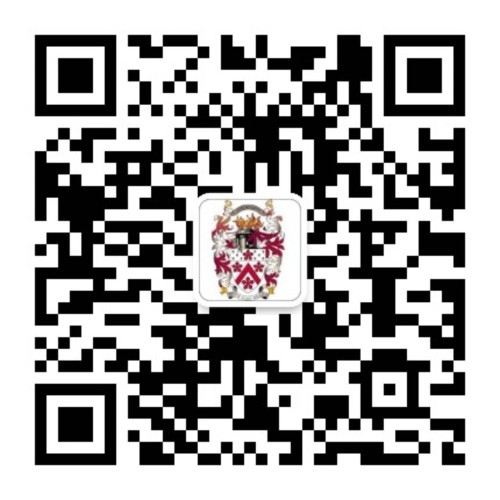House Systems
All Dulwich schools have a House system. Every student is allocated to a House—an enduring tradition that fosters fierce yet healthy loyalty. By extension, parents are also considered members of their child’s House.
There are inter-House team and individual competitions across a wide range of academic, sporting, and cultural activities, including drama, art, public speaking, basketball, and football, to name a few. Points are awarded for both participation and success in each event.
These points are accumulated over the school year, culminating in the awarding of the Inter-House Trophy to the winning House. Houses also compete annually for the Sports Day Trophy. Discover more highlights and videos from the 2024 Sports Day!
The main functions of the House system are to:
- Encourage interaction and collaboration among peers;
- Build relationships across groups beyond the classroom;
- Provide opportunities to engage in friendly competition;
- Give students a sense of identity within a smaller community that includes all year groups;
- Promote a sense of belonging to both a tutor group and a House group, and to foster whole-school spirit at DHSZ.
A staff House Mentor supports the Head of House and House Captains in each year group. A Year 12 student is appointed as Head of House—an esteemed leadership position within the school.
Our Houses are named after inspirational and accomplished people: Marie Curie, Nelson Mandela, Soong Qingling, and Alan Turing.
Curie House
Named after Marie Curie, (born November 7, 1867, Warsaw, Congress Kingdom of Poland, Russian Empire—died July 4, 1934, near Sallanches, France), Polish-born French physicist, famous for her work on radioactivity and twice a winner of the Nobel Prize. With Henri Becquerel and her husband, Pierre Curie, she was awarded the 1903 Nobel Prize for Physics. She was the sole winner of the 1911 Nobel Prize for Chemistry. She was the first woman to win a Nobel Prize, and she is the only woman to win the award in two different fields.
Mandela House
Named after Nelson Mandela, (born July 18, 1918, Mvezo, South Africa—died December 5, 2013, Johannesburg), Black nationalist and the first Black president of South Africa (1994–99). His negotiations in the early 1990s with South African Pres. F.W. de Klerk helped end the country’s apartheid system of racial segregation and ushered in a peaceful transition to majority rule. Mandela and de Klerk were jointly awarded the Nobel Prize for Peace in 1993 for their efforts.
Soong House
Named after Soong Qingling, who held several prominent positions in the Chinese government. She founded the China Welfare Institute and was the Honorary President of the People’s Republic of China in 1981. Renowned for her unwavering dedication to advancing the welfare, healthcare, and education of women and children, she was also a staunch advocate for human rights and a tireless supporter of the underprivileged.
Turing House
Named after Alan Turing, a brilliant British mathematician who took a leading role in breaking Nazi ciphers during WWII. He is considered as the father of computer science and artificial intelligence. In addition to that, he is one of the most outstanding scientists of the twentieth century. He was a mathematician, logician, cryptanalyst and a philosopher.






